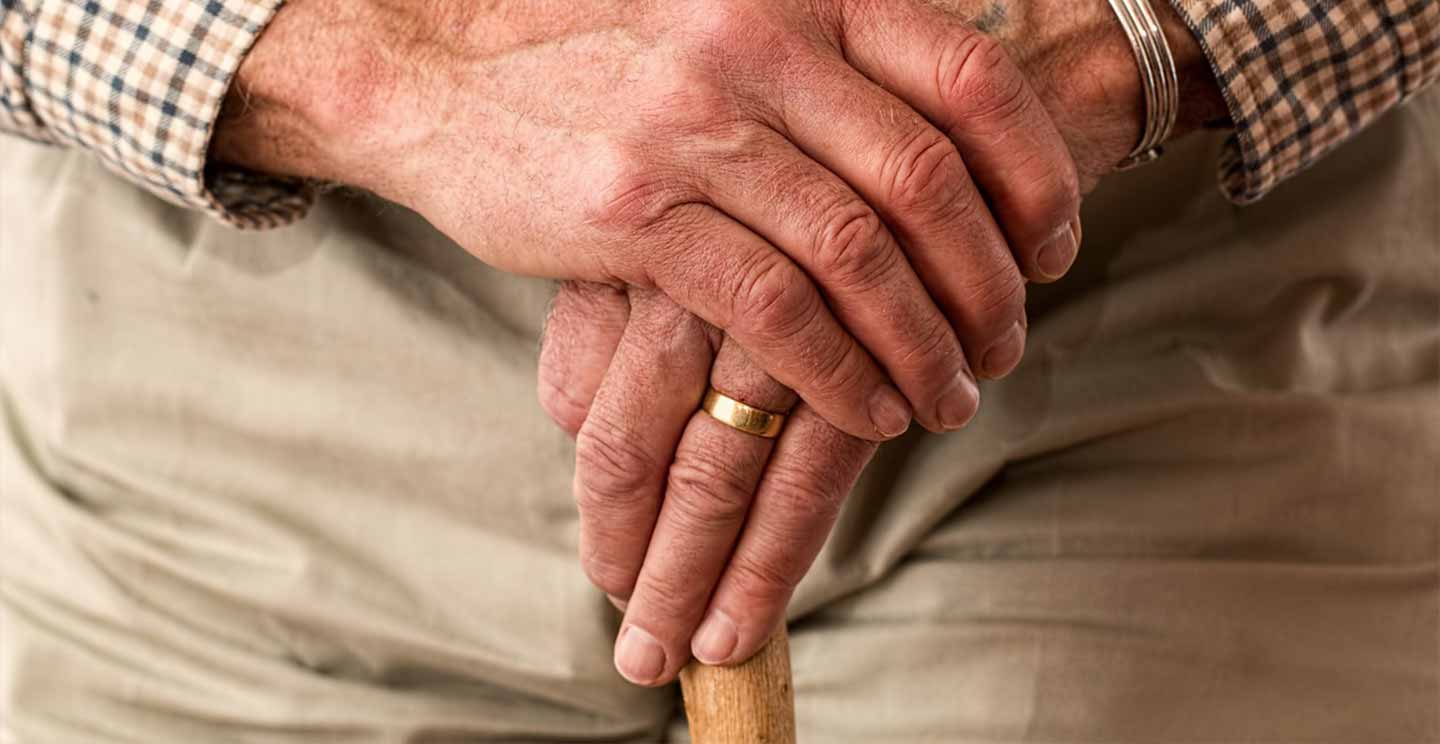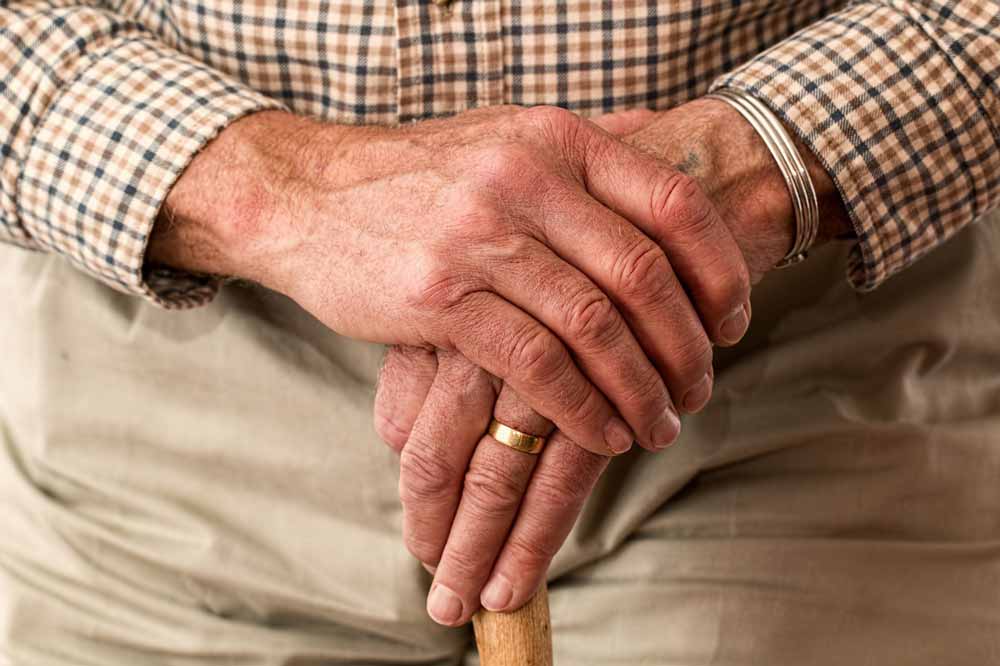Understanding the underlying cause behind your incontinence can often lead to a complete cure or a substantial reduction of symptoms. Although many older people see that it is an inevitable part of the ageing process and that it cannot be prevented, that is far from the truth- It is estimated that 80% of urinary incontinence can be eliminated or improved.
- There are a number of conditions that can cause or be connected with incontinence. These include Urinary tract infections (UTI), Prostate problems, IBS and Constipation. Medication may be able to alleviate the impact in many of these instances.
- Incontinence is very common amongst those with certain chronic conditions such as Multiple Sclerosis, Parkinson’s, Alzheimer’s and other neurodegenerative diseases. However, the cause may be unrelated, and you should get the advice of your doctor as to what the particular cause of your continence problems (or those of your loved one) may be.
- In some cases, incontinence may be an unwanted side effect of medication that you may be taking for another condition. Talk to your GP or pharmacist about this.
- Incontinence is also very common amongst people nearing the end of their life. See our article ‘Supporting someone at the end of their life’.
Incontinence is the involuntary (not on purpose) leakage of urine or faeces, or both (known as ‘double incontinence’). Urinary incontinence is a very common problem and it is thought that more than 50 million people in the developed world may be affected by it.
There are several types of urinary incontinence, including:
- stress incontinence – when urine leaks out at times when your bladder is under pressure; for example, when you cough or laugh
- urge incontinence – when urine leaks as you feel a sudden, intense urge to pass urine, or soon afterwards
- overflow incontinence (chronic urinary retention) – when you’re unable to fully empty your bladder, which causes frequent leaking
- total incontinence – when your bladder can’t store any urine at all, which causes you to pass urine constantly or have frequent leaking
Faecal or Bowel incontinence may range from passing a small amount of faeces when breaking wind, to having no bowel control at all. Bowel incontinence is less common than urinary incontinence. It affects men and women about equally and it is estimated that 10% of older people have a problem with it at some stage
The best advice is to see your GP if you have any type of incontinence. It is a really common problem and you shouldn’t feel embarrassed talking to them about your symptoms and, if required, letting them carry out an examination. This can be the first step towards finding a way to effectively manage the problem. Their advice will always be valuable.
If this assessment by the doctor is unable to resolve the problem, you may be referred to a Continence Adviser. A Continence Nurse Specialist is an experienced nurse with additional specialist training in the assessment and management of bladder and bowel problems. Continence Nurse Specialists work within best practice guidance issued by the National Institute for Health and Clinical Excellence (NICE) for the assessment and management of incontinence. NICE recommends initially treating incontinence with a programme of conservative measures and lifestyle changes. These can be really effective for most types of incontinence:
- Bladder training helps to teach the bladder to ‘hold on’. It takes time and patience but has good results, reducing urgency and frequency
- Lifestyle changes – such as losing weight and cutting down on caffeine and alcohol
- Pelvic floor exercises strengthen the pelvic floor muscles and can improve symptoms of stress and urge type incontinence. The exercises need to be done several times a day and it usually takes a couple of months before an improvement is seen. Referral to a specialist continence physiotherapist (known as a urotherapist) may be needed if the pelvic floor muscles are particularly weak.
- It is important to learn good toileting techniques, like sitting on the toilet properly with your feet on the floor or supported and to allow adequate time to empty the bladder. Double voiding can help to promote better bladder emptying – after urinating, walk around the bathroom, then sit on the toilet again, which will often result in a second void
Medication may be recommended if you’re still unable to manage your symptoms. Surgery may also be considered. The specific procedures suitable for you will depend on the type of incontinence you have.
Understanding the causes of incontinence and the treatment options available can help you accept that there is a problem and give you the confidence to seek professional help. There are also several other health professionals who can help:
- A community nurse can help with access to NHS-funded continence products and give advice on management of the problems, hygiene and how to protect the skin.
- An occupational therapist can give advice on adaptations and equipment.
- A physiotherapist can give advice if the person has problems with coordination or movement.
- A community psychiatric nurse, Admiral Nurse or the community mental health team can help if behavioural changes are affecting how someone uses the toilet.
Sometimes, you might try everything you can, but the toilet problems or incontinence doesn’t go away. In this case, using continence aids will help keep you comfortable and protect clothing, furniture and bedding. There are a wide variety of products available commercially and via the NHS including the following:
- Pads and pants
- Bed & chair protection
- Catheters and sheaths
- Specially adapted clothing
- Skincare and hygiene products
TrustonTap professional carers with experience in Personal Care are very used to assisting individuals with managing their continence. Feel free to talk openly with them about the difficulties you are having and how you would like them to help you
Incontinence is a subject which many people find difficult to discuss or to seek help for. This can often be due to embarrassment or cultural taboos, but the onset of continence problems can also have an adverse impact on anxiety or cause loss of self-esteem and confidence.
In most cases, something can be done to help manage it and often to eliminate it, but this can only come about by discussing the subject, even though it might feel very embarrassing at first. Rest assured, there are many people across Oxfordshire, Buckinghamshire and Berkshire, who have experienced similar problems and there are some excellent health and social care professionals who will give you the advice and support you need.


